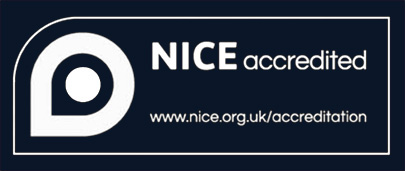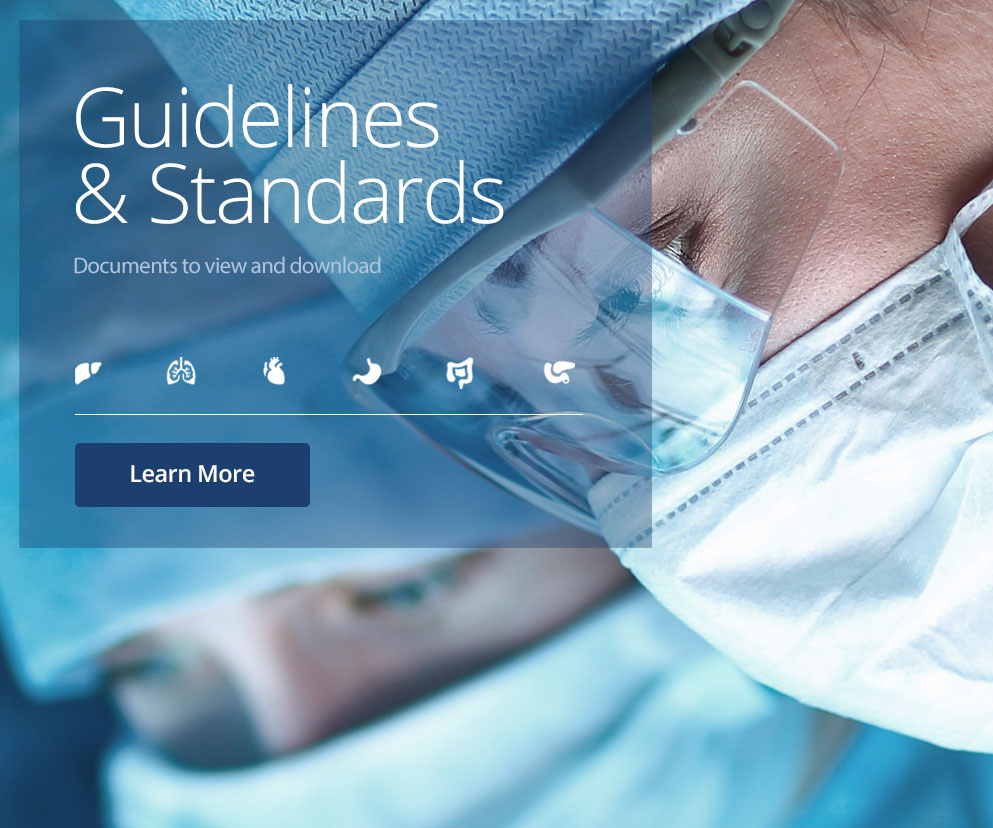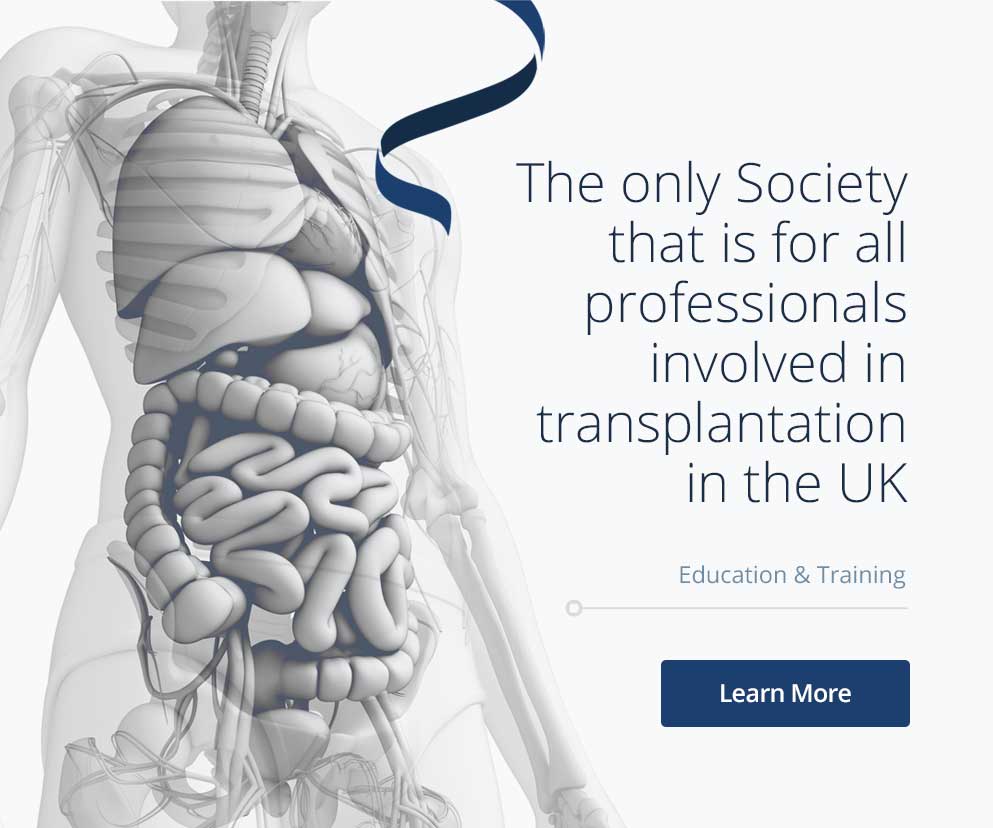Social media policy

Introduction
The British Transplantation Society (BTS) recognises the growth of social media in modern society. Social media platforms have reshaped the way we engage with our members, colleagues, and the broader public. Embracing these tools can enhance our ability to disseminate knowledge, connect with like-minded professionals, and promote the vital work of the BTS. This policy acknowledges the transformative potential of social media while emphasising the need for responsible use. It provides guidance to society members on harnessing the benefits of social media while navigating potential pitfalls and risks, such as misinformation and privacy concerns.
Purpose of policy
The BTS social media policy is designed to help society members engage with the official BTS communications outlets and their fellow members. We encourage BTS members to be active participants in social networks while upholding the fundamental values of the BTS. This policy helps members to understand their responsibilities when posting on social media, providing a framework for best practice within professional and ethical boundaries. It underscores the significance of recognising personal opinions as an extension of membership to the society and emphasises the need for alignment with the BTS purpose and values.
Scope of policy
Term ‘social media’
The term “social media” within this policy encompasses a broad spectrum of online platforms, including but not limited to, social networking sites (e.g., Facebook, LinkedIn), microblogging platforms (e.g., Twitter), multimedia sharing platforms (e.g., Instagram, YouTube), professional networks, forums, and any emerging digital platforms that facilitate interactive communication and content sharing.
Who the policy applies to
This policy applies to all multidisciplinary members of the British Transplantation Society with a personal or professional social media account who engage in social media activities, regardless of whether they hold a formal role within the society or not. The policy extends to personal use of social media even when no direct reference to the BTS is made.
Social media accounts
The BTS recognizes that individuals maintain personal social media accounts that may either interact with or directly promote the work of the Society. To maintain a clear distinction between personal and BTS-related content on social media platforms professional affiliations, members are advised to adhere to the following guidelines:
- Profile name and logo usage
BTS members should not incorporate the BTS in their social media profile names and should not use the BTS logo in their profiles.
- Disclosure of affiliations and disclaimer for personal views
In the interest of transparency and clarity, members are encouraged to openly disclose any affiliations or official roles they may have with the BTS or other relevant entities in their social media bio. Members engaging on personal accounts associated with the BTS should explicitly state that they are expressing personal views, which do not necessarily reflect those of the society.
- Associating the BTS with social media content
Members are reminded that despite expressing personal views, their posts may still be perceived as associated with the BTS, particularly if they tag the society in their posts. It is essential to carefully consider the necessity and appropriateness of linking the BTS to personal posts.
- Inferred endorsement
Sharing, referencing, or tagging posts, even without explicit endorsement, may be construed as supporting a particular view. Members should be mindful of the potential implications of associating the BTS with their shared social media content.
Standards of behaviour and conduct
Members engaging in social media activities are expected to adhere to professional standards of behaviour and conduct, reflecting their ethical and moral obligations to the profession. The following principles outline the expected standards from BTS members in social media interactions:
- Treat colleagues fairly, courteously and with respect
It is essential to uphold a standard of fairness and respect when interacting with colleagues online. Constructive criticism is valued, but it should be communicated with professionalism and respect. Moreover, attention should be paid to ensure that the language used in posts aligns with the BTS’s commitment to inclusivity, equality, and diversity, promoting a welcoming and respectful online space.
- Refrain from hostile behaviour
Do not bully, attack, intimidate or harass others. Engaging in hostile behaviour not only reflects poorly on the individual but also undermines the collaborative and supportive atmosphere that the BTS seeks to promote.
- Comply with legal standards
Ensure that your posts do not contravene any applicable rules or regulations governing professional conduct and online communication. Recognise that postings online are subject to the same laws of copyright and defamation as written or verbal communications, whether made in a personal or professional capacity.
- Maintain integrity and trustworthiness
Be accurate and honest. Do not post false, misleading, or fraudulent content and uphold the General Medical Council (GMC) probity principles in all online communications. Be open about any conflict of interest and declare any relevant financial or commercial interests. Avoid making gratuitous, unsubstantiated, or unsustainable comments about individuals or organisations. Such claims can contribute to the spread of misinformation, erode the credibility of the individual and reflect negatively on the society.
- Maintain patient and public trust
Consider the impact of your social media communications on your professional reputation. Conduct online activities in a manner that does not jeopardise patients’ trust in you or the public’s trust in the profession. Maintain confidentiality and respect the privacy of patients.
Online security and privacy
In the evolving landscape of social media, boundaries between personal and public life have become increasingly blurred. It is crucial for BTS members to be mindful of the impact of this overlap, especially in relation to privacy and professional boundaries. The importance of safeguarding personal information and upholding professional standards cannot be overstated.
The following are key areas to consider:
- Awareness of social media privacy
Recognise that your personal information may be visible to various audiences, including patients, the public, employers, and other organisations. Social media platforms allow varying degrees of privacy control with regards to the information shared on these platforms. Regularly review and update your privacy settings for each social media profile. It is also important to understand the limitations of online privacy controls and that not all information can be shielded from public view.
- Maintaining Professional Boundaries
Uphold professional boundaries when engaging online with patients and the public. Ensure high standards of professionalism and exercise caution and good judgement when sharing personal information, participating in online discussions, or accepting connection requests from current or former patients on social media networking platforms such as Facebook.
- Best practices for online security
- Secure Passwords:
Prioritize the creation and maintenance of secure passwords for all accounts, incorporating strong, unique combinations. Consider implementing 2-factor authentication for an additional layer of security.
- Device and Software Security:
Strengthen security measures for devices with passwords, PINs (Personal Identification Number), or biometric features. Regularly update software and applications to patch vulnerabilities and enhance overall security.
- Risk Identification and response to potential security breach:
Proactively identify potential risks and security threats on social media. Stay informed about common threats, like phishing attempts, and exercise caution to mitigate risks associated with unauthorised access. In the event of suspected unauthorised access, take swift action by changing passwords, notifying relevant parties (e.g. employer), and reporting the incident to the platform.
Confidentiality and social media
Confidentiality is a cornerstone of ethical medical practice which is of equal relevance in online and social media interactions.
While online discussions among colleagues can be educational, informal discussions about patients on public forums should be avoided to prevent any breaches. Never share patient-identifiable data on blogs, medical forums, or social networking sites. Disclosing such information without proper consent constitutes a breach of professional standards and may result in legal actions or complaints from patients. Be mindful that even when patient identifiable data is withheld, shared content may contain enough information for patients to identify themselves or be identified by family or friends and this may also constitute grounds for litigation if not shared with appropriate consent. Furthermore, do not make personal or derogatory comments about patients or colleagues online. Even when posted anonymously and without breaching patient confidentiality, the potential wider impact and effect on public trust should be considered.
The duty of confidentiality extends beyond patients to peers, organisations, and professional bodies. For example, avoid posting proprietary material without appropriate permission and credit, especially content from speakers at society meetings. Additionally, refrain from posting or releasing confidential information shared within the society and recognise the responsibility to safeguard sensitive information.
Legal framework and support
The above guidance should be applied in conjunction with existing legislations and regulations. Users should be aware of their privacy rights under the Data Protection Act 2018 and their rights and responsibilities under the Online Safety Bill 2022. Healthcare regulatory bodies have published essential guidance on social media usage which members are advised to refer to, in addition to the GMC Good Medical Practice guidance, the Nursing and Midwifery Council (NMC) Code, and the Health and Care Professions Council (HCPC) Standards. It is also imperative for members to refer to their employers’ online and social media policies and follow local procedures and support in relation to online security and data protection matters. Further support and guidance with social media concerns can be obtained from relevant professional trade union bodies, indemnity providers and from the BTS Social Media Group.
References
Data protection act 2018 (no date) Legislation.gov.uk. Available at: https://www.legislation.gov.uk/ukpga/2018/12/contents/enacted (Accessed: 18 November 2023).
Online safety act 2023 (no date) Legislation.gov.uk. Available at: https://www.legislation.gov.uk/ukpga/2023/50/enacted (Accessed: 18 November 2023).
Doctors’ use of social media – professional standards – GMC. Available at: https://www.gmc-uk.org/ethical-guidance/ethical-guidance-for-doctors/doctors-use-of-social-media/doctors-use-of-social-media (Accessed: 18 November 2023).
Social Media Guidance – The Nursing and Midwifery Council. Available at: https://www.nmc.org.uk/standards/guidance/social-media-guidance/read-social-media-guidance-online/ (Accessed: 18 November 2023).
Guidance on social media – hcpc-uk.org.UK. Available at: https://www.hcpc-uk.org.uk/globalassets/standards/standard-of-conduct-performance-and-ethics/revised-standards-2023/revised-guidance-on-social-media.pdf (Accessed: 18 November 2023).
Good medical practice – professional standards – GMC. Available at: https://www.gmc-uk.org/ethical-guidance/ethical-guidance-for-doctors/good-medical-practice (Accessed: 18 November 2023).
The code – the nursing and midwifery council. Available at: https://www.nmc.org.uk/globalassets/sitedocuments/nmc-publications/nmc-code.pdf (Accessed: 18 November 2023).
Standards of conduct, performance and Ethics – Health & Care Professions Council. Available at: https://www.hcpc-uk.org/standards/standards-of-conduct-performance-and-ethics/ (Accessed: 18 November 2023).
Social Media Practical guidance and best practice – BMA. Available at: https://www.bma.org.uk/media/1852/bma-social-media-practical-guidance-2018.pdf (Accessed: 18 November 2023).

![]()








